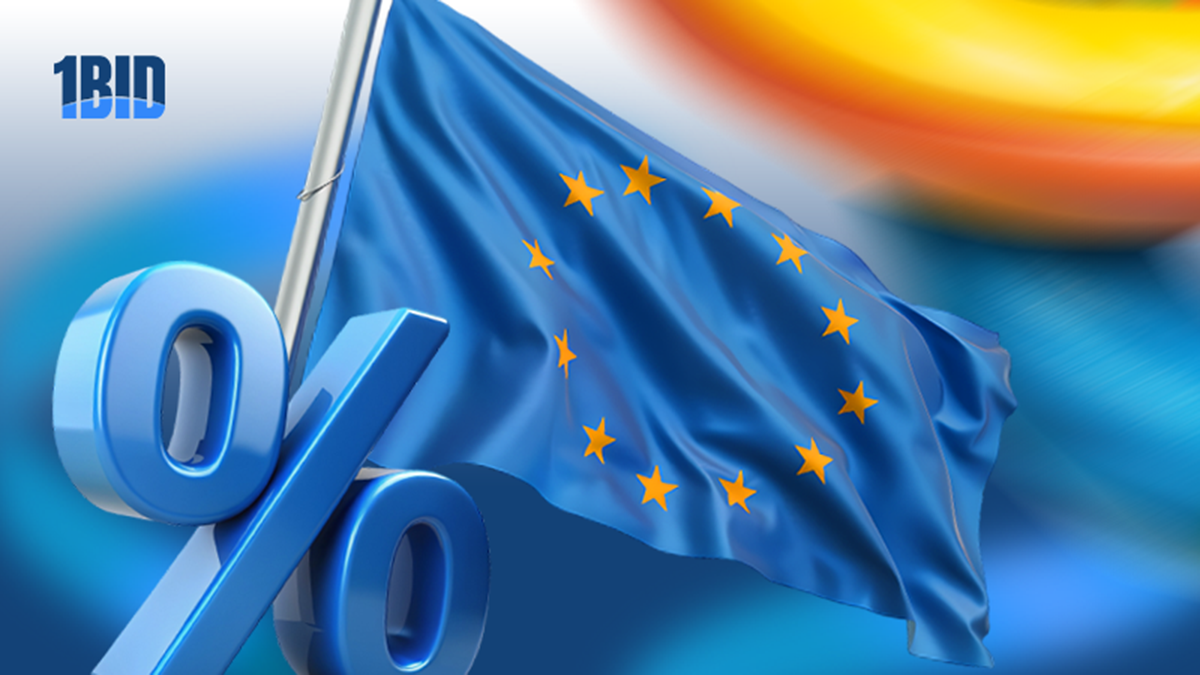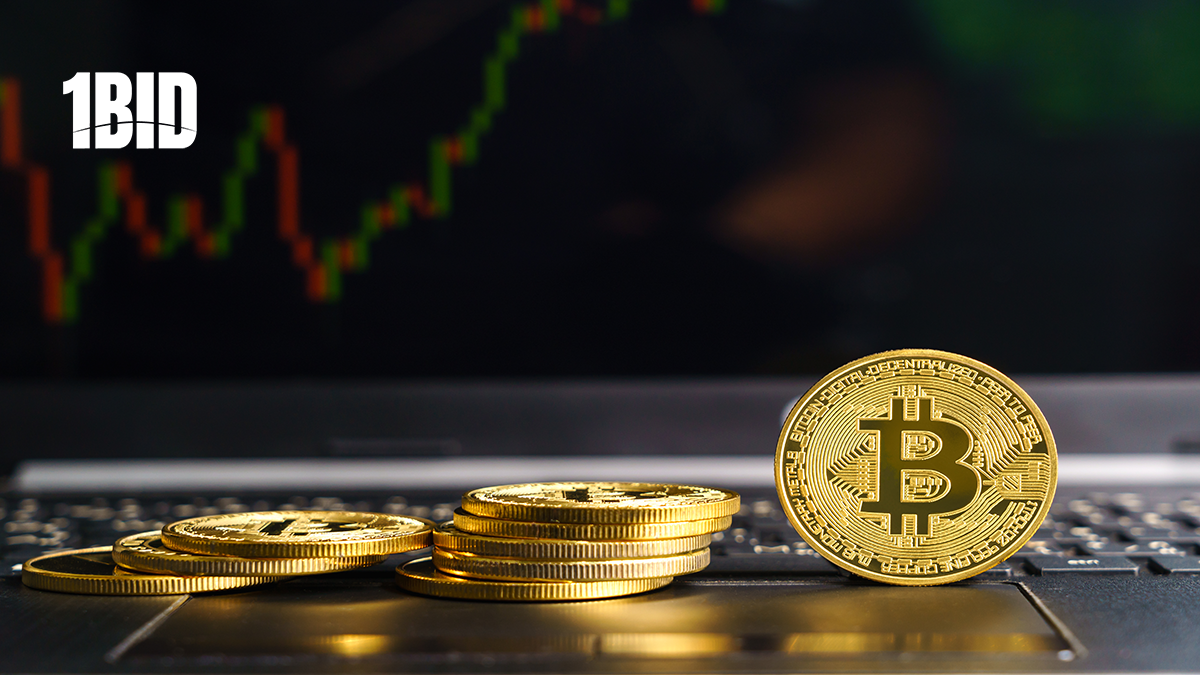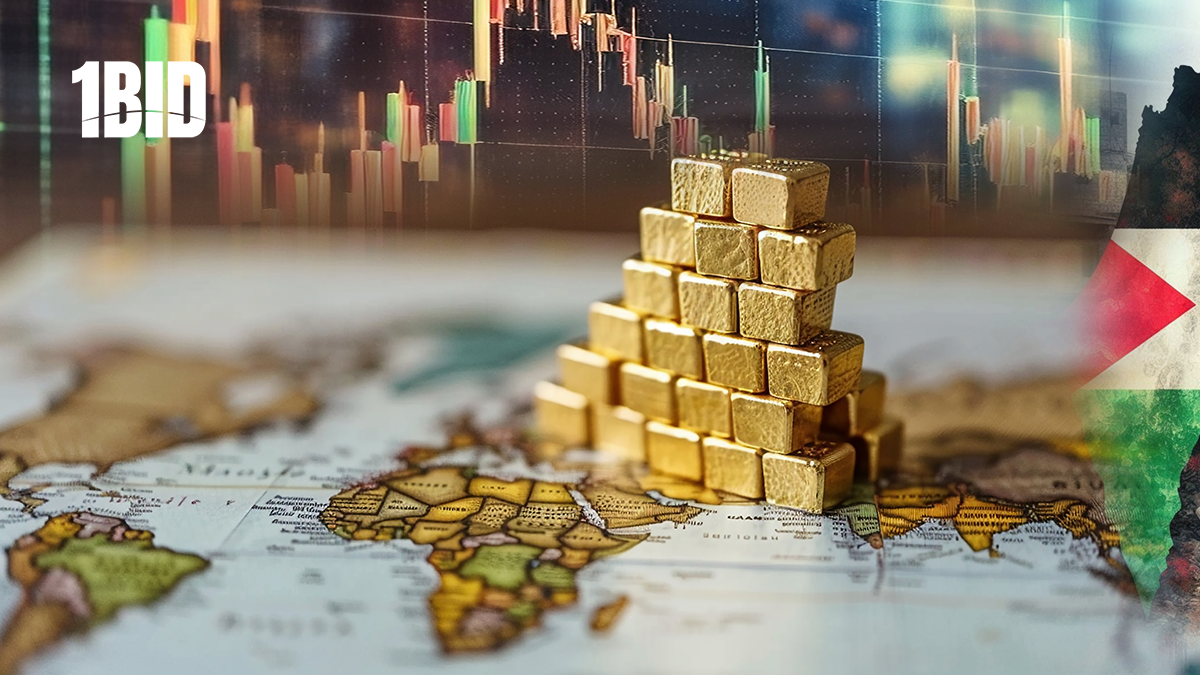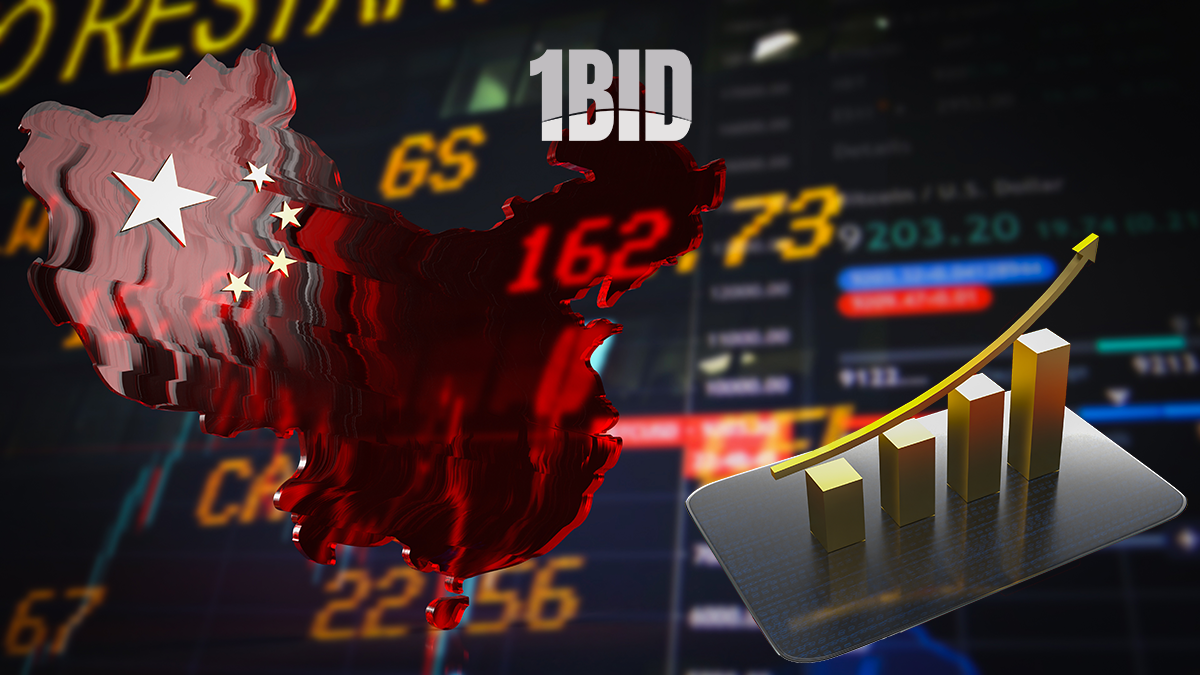The Paris Olympics provided a notable stimulus to the euro-area economy. According to S&P Global, the composite Purchasing Managers’ Index (PMI) rose to 51.2 in August from 50.2 in July. This increase was driven by a robust performance in the services sector, even as the manufacturing sector continued to face difficulties.
Recent data indicates some stabilization in inflation rates within the Eurozone and the EU. In July 2024, the Eurozone’s annual inflation rate was 2.6%, a slight increase from 2.5% in June, but significantly lower than the 5.3% rate from the previous year. Similarly, the EU’s annual inflation rate stood at 2.8% in July 2024, compared to 2.6% in June, down from 6.1% the previous year.
Despite the temporary boost from the Olympics, the euro-area economy is expected to face challenges in maintaining its momentum. Analysts predict only marginal growth for Germany throughout 2024. This underlying economic weakness has led to increased calls for the European Central Bank (ECB) to consider further interest rate cuts. ECB Governing Council member Olli Rehn emphasized the need for a rate cut at the upcoming September meeting, citing increased negative growth risks and easing cost pressures as key factors.
While the Paris Olympics provided a temporary boost to the euro-area economy, significant challenges remain, particularly in the manufacturing sector. The potential interest rate cuts by the ECB could be crucial in addressing these issues and supporting economic stability in the region. The coming months will be critical in determining whether the euro-area can sustain its growth and overcome its underlying economic weaknesses.








